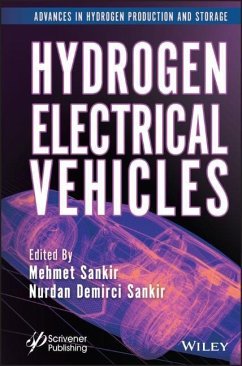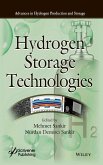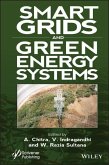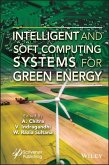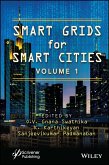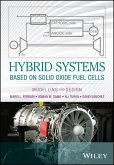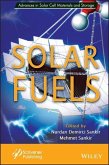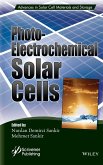HYDROGEN ELECTRICAL VEHICLES
Hydrogen electrical vehicles are an essential component of the "Green New Deal" and this book covers cutting-edge technologies designed for fuel-cell-powered cars.
The realization of the decision of 28 countries to keep global warming at 2 degrees and below, which is stated in the Paris Agreement, and the achievement of minimizing CO2 emissions, can only be accomplished by establishing a hydrogen ecosystem. A new geopolitical order is envisaged, in which sectors dealing with energy production, distribution, and storage, thus decreasing the carbon footprint, are reconstructed. In short, an economic order with new tax regulations is being created in which the carbon footprint will be followed. This global effort called the "Green Deal" is defined as a new growth strategy aiming at net-zero CO2 emissions. We know that the total share of transportation in CO2 emissions is about 24%. Therefore, efforts for reducing emissions must include utilizing hydrogen in transport.
The subjects covered in the book include:
_ An introduction to hydrogen and electrical vehicles;
_ Hydrogen storage and compression systems;
_ Hydrogen propulsion systems for UAVs;
_ Test and evaluation of hydrogen fuel cell vehicles;
_ Hydrogen production and PEM fuel cells for electrical vehicles;
_ The power and durability issues of fuel cell vehicles.
Audience
The book will attract readers from diverse fields such as chemistry, physics, materials science, engineering, mechanical and chemical engineering, as well as energy-focused engineering and hydrogen generation industry programs that will take advantage of using this comprehensive review of the hydrogen electrical vehicles.
Hinweis: Dieser Artikel kann nur an eine deutsche Lieferadresse ausgeliefert werden.
Hydrogen electrical vehicles are an essential component of the "Green New Deal" and this book covers cutting-edge technologies designed for fuel-cell-powered cars.
The realization of the decision of 28 countries to keep global warming at 2 degrees and below, which is stated in the Paris Agreement, and the achievement of minimizing CO2 emissions, can only be accomplished by establishing a hydrogen ecosystem. A new geopolitical order is envisaged, in which sectors dealing with energy production, distribution, and storage, thus decreasing the carbon footprint, are reconstructed. In short, an economic order with new tax regulations is being created in which the carbon footprint will be followed. This global effort called the "Green Deal" is defined as a new growth strategy aiming at net-zero CO2 emissions. We know that the total share of transportation in CO2 emissions is about 24%. Therefore, efforts for reducing emissions must include utilizing hydrogen in transport.
The subjects covered in the book include:
_ An introduction to hydrogen and electrical vehicles;
_ Hydrogen storage and compression systems;
_ Hydrogen propulsion systems for UAVs;
_ Test and evaluation of hydrogen fuel cell vehicles;
_ Hydrogen production and PEM fuel cells for electrical vehicles;
_ The power and durability issues of fuel cell vehicles.
Audience
The book will attract readers from diverse fields such as chemistry, physics, materials science, engineering, mechanical and chemical engineering, as well as energy-focused engineering and hydrogen generation industry programs that will take advantage of using this comprehensive review of the hydrogen electrical vehicles.
Hinweis: Dieser Artikel kann nur an eine deutsche Lieferadresse ausgeliefert werden.

